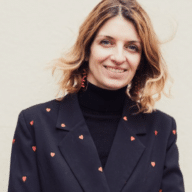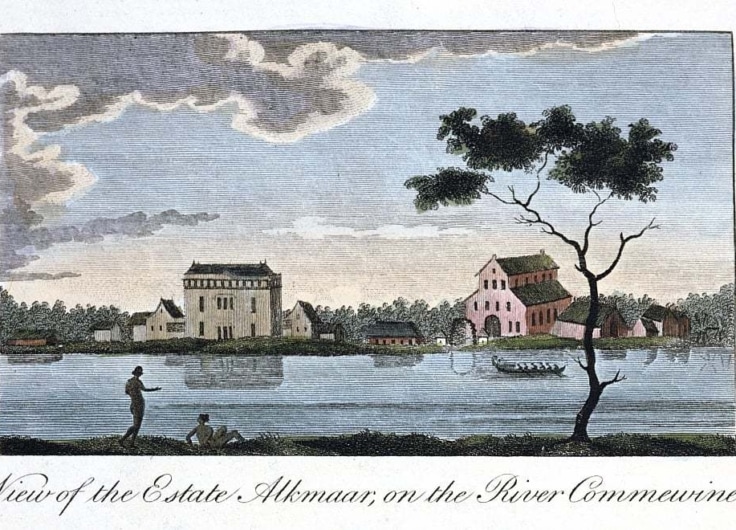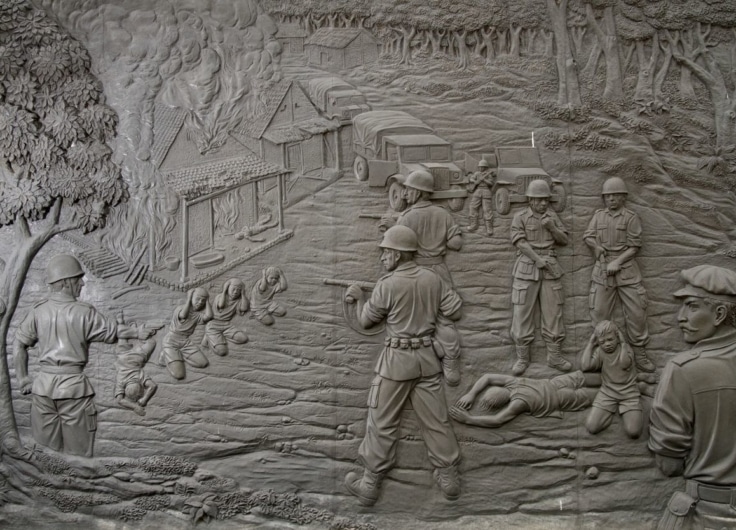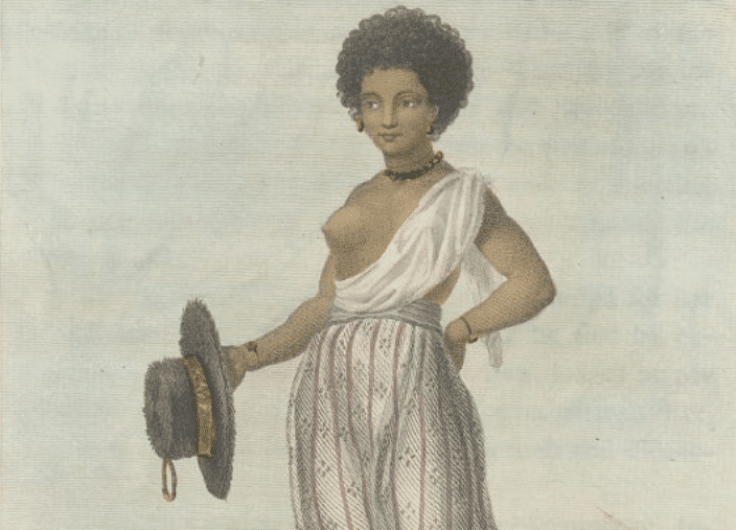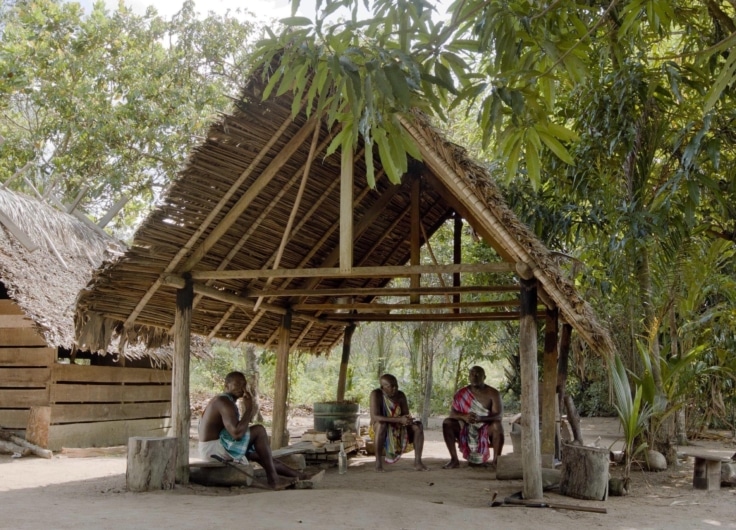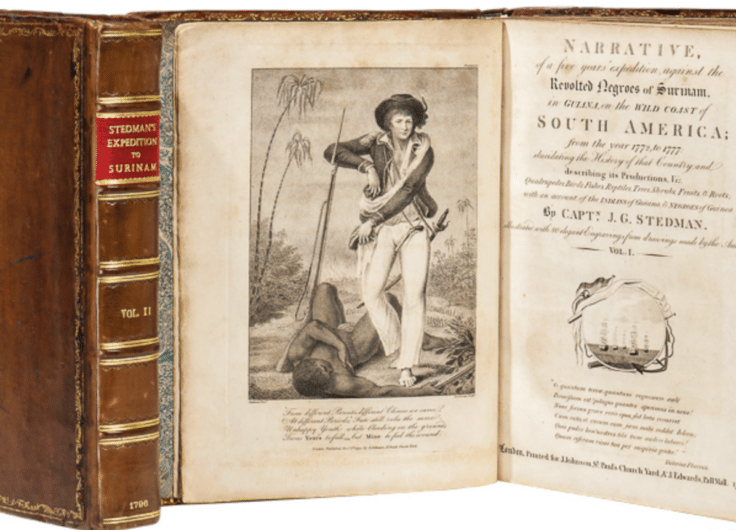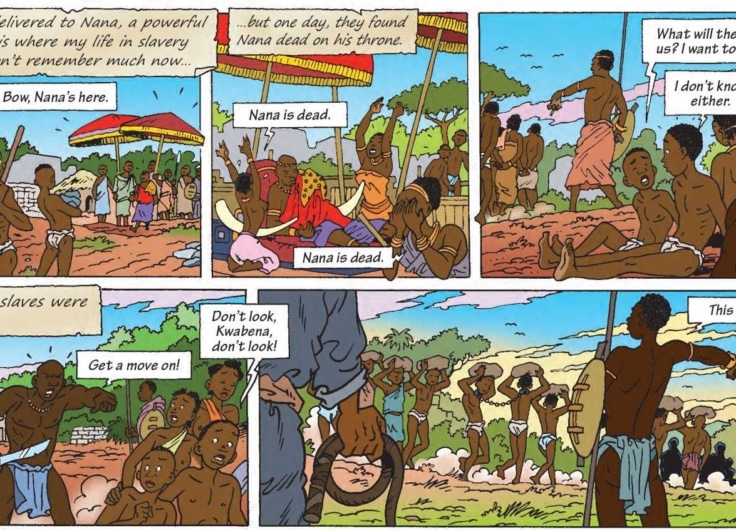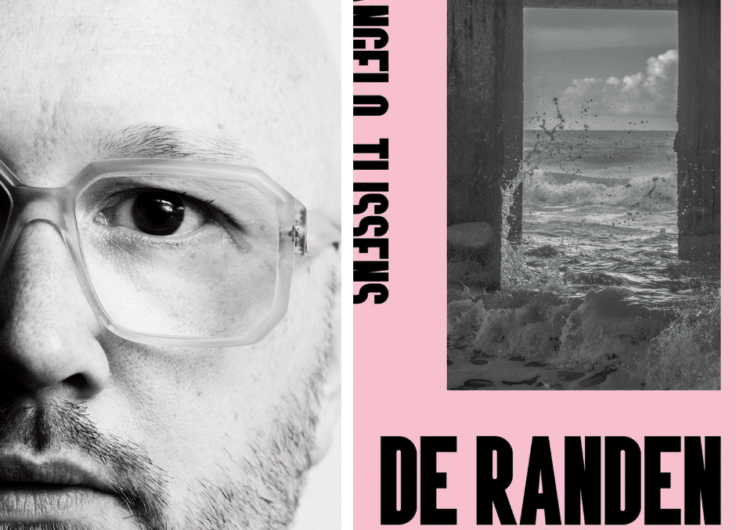Michele Hutchison’s Choice: Anton de Kom and Angelo Tijssens
Every month, a translator of Dutch into English gives literary tips by answering two questions: which translated book by a Flemish or Dutch author should everyone read? And, which book absolutely deserves an English translation? To get publishers excited, an excerpt has already been translated. This time you will read the choice of Michele Hutchison, who received the 2020 International Booker Prize for her translation of The Discomfort of Evening
by Marieke Lucas Rijneveld. In 2019, Hutchison was awarded the Vondel Prize for the translation of Sander Kollaard’s Stage Four.
Must-read: ‘We Slaves of Suriname’ by Anton de Kom
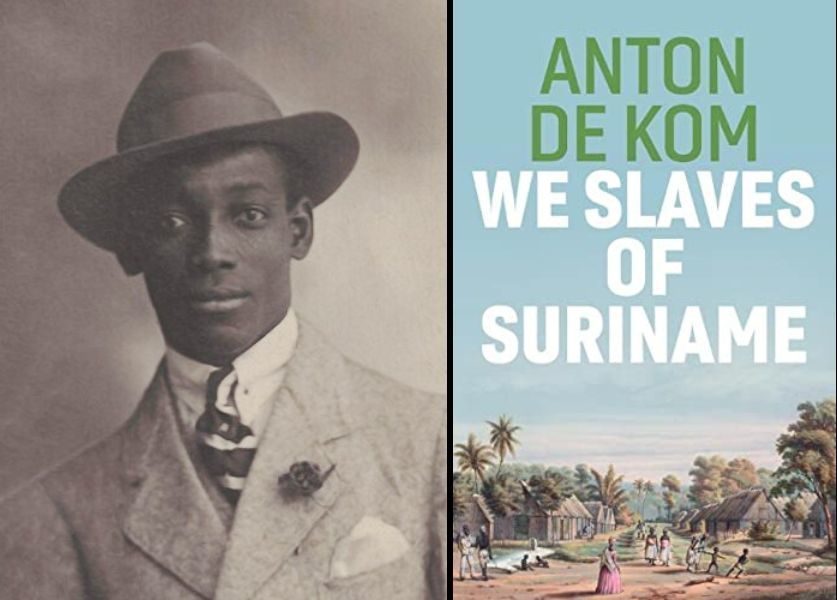
In the second piece in this series David McKay mentioned the long overdue promotion of writers of colour and books tackling racism and social justice. McKay’s bountiful and well-researched translation of the seminal classic We Slaves of Suriname by political activist Anton de Kom, published in Dutch in 1934, and in English last year, is an eye-opening description of the brutal treatment of the inhabitants and the effects of colonialism on this former Dutch colony.
Its author Anton de Kom was born and raised in Suriname in South America, but lived in the Netherlands in the 1920s. Returning to Suriname with his Dutch wife, he became an influential anti-colonial activist and was deported back to the Netherlands where he wrote this book. During the Second World War his strong sense of justice and independent spirit made joining the Dutch resistance a matter of course. His life came to a tragic end. In August 1944 he was arrested and sent to a German concentration camp where he died in 1945.
Anything but a dry historical tract, We Slaves of Suriname is a warm lyrical book that brings to life the green heart of the country and its people. De Kom contrasts this with a blistering account of the sheer incompetence of Dutch rule and mismanagement of plantations to the point of the country’s ruin. Warm too is de Kom’s description of Suriname’s diverse communities, its brave resistance figures such as the women Séry and Flora, but also the indentured workers. The book can be read as a celebration of soul values. De Kom shows that slavery and resistance to slavery do not end when it is abolished in name, the aftermath cuts longer and deeper into society. I was impressed by the writer’s intelligence and passion, radiantly conveyed in McKay’s translation.
Anton de Kom, We Slaves of Suriname, translated by David McKay, Polity Press, 2022, 200 pages
To be translated: ‘De Randen’ by Angelo Tijssens
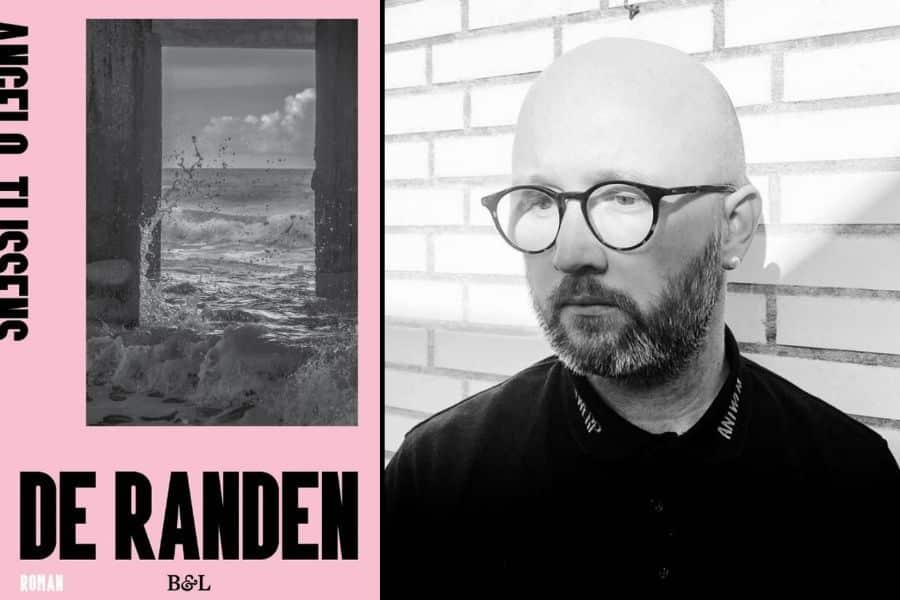
I’m always on the lookout for interesting debuts and the emotional intensity of the pounding prose in Angelo Tijssens’ De Randen (The Edges) really struck me. It’s a short novel that packs a punch as it tells the story of a man returning to his run-down Belgian coastal hometown to clear out his alcoholic mother’s house after her death. The narrator seizes the opportunity to meet up again with his first boyfriend who is living in a chalet on a holiday park that awaits demolition. Really the book is about time, about peeling back the layers of a life, like the layers of wallpaper being stripped in the opening scene, and revealing what lies beneath. It’s also about the necessity of moving on – the protagonist’s reunion with his first love achieves nothing more than showing that time cannot be regained, and that emotions and experiences are sometimes wilfully erased.
Angelo Tijssens comes from a background in theatre and writing for the screen. His recent collaboration with Lukas Dhont on the highly-acclaimed arthouse films Girl (2019) and Close (2022) resulted in stunning, subtle works addressing teenage identity-forming. The Edges is darker than his films, with flashbacks portraying an unhappy youth filled with maternal violence and transient sexual experiences.
Angelo Tijssens, De Randen, Borgerhoff & Lamberigts, 2022, 120 pages
Excerpt from ‘De Randen’, translated by Michele Hutchison
I remember the birthday party his parents organized for him. We all went swimming and then we ate pancakes and had fizzy drinks and I can still remember climbing the concrete steps to the big yellow slide again and again, he ahead of me, his swimming trunks clinging to his pale thighs, the rubber strap with the key to his locker around his ankle, his eyes that shone when he looked back over his shoulder to check that I was following him. The loud rushing of the water being pumped through the chute, the enthusiastic shrieks of the children before us, the hands in my back urging us to hurry up. Him leaving and me waiting until he was out of sight, past the first bend. Me pushing off to go faster and crashing into him after the first bend. Him laughing hard. He’d wedged himself in the chute with his hands and his feet and was waiting for me. My legs around his upper body, him roaring with laughter, me smiling, my arms around his legs, under the edge of his wet trunks. Sliding together, bend after bend, and shrieking loudly, no longer knowing what was up or down, where he ended and I began, the muscles of his thighs, the speed and the time that seemed elastic, endless. And then the splash when we broke the water’s surface, a single body. Again, he shouted as he hauled himself out of the water. Wait for me, I said, and he gave me a hand up.
*
We are silent as we stride uphill, to the gate. In the dun morning light I see how small everything is: the identical houses, someone of them graffitied, a broken window here and there, wooden walls. The dog walks beside him and so do I. When we get to the gate, his fingers find the right key with ease. He opens the lock and I look at him and think: ask me to stay and I’ll stay, say that you want me to stay here with you and I’ll never go away again, until the bulldozers and the wrecking balls come and tear everything here, the entire world, to the ground. We will sink to the bottom of the lake along with the rubble, I will hold your hand, push your hair back behind your ear to see your face, I will hold you, watch you while you sleep, or I won’t, whatever you want, everything you want. He pushes the gate and it slides open without making a sound.

